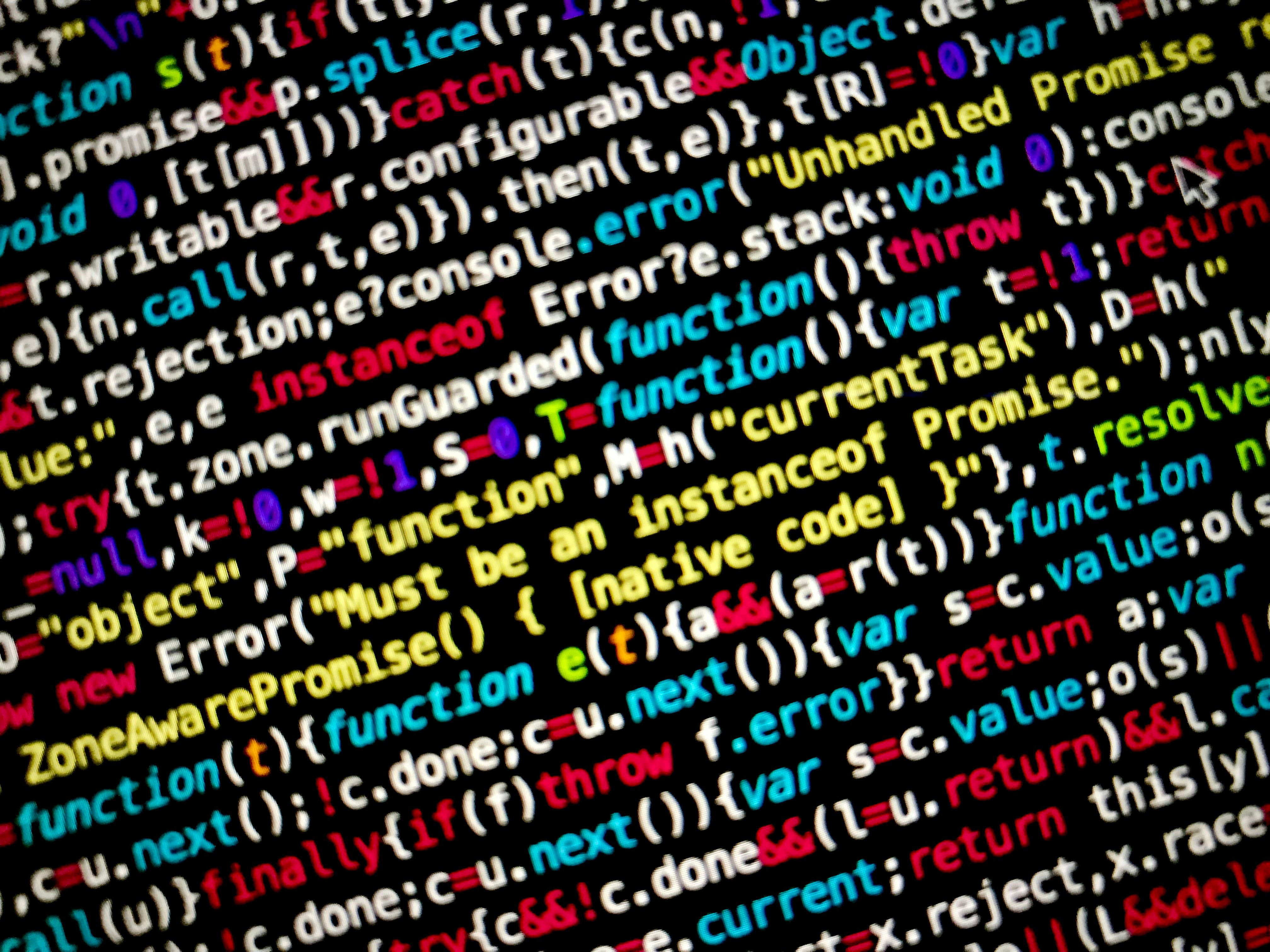Crowd march with flags: Israeli extremist groups boost physical conflicts
Israel's Annual Flag March in Jerusalem Erupts in Violence
Israeli nationalists, commemorating their nation's claim to East Jerusalem, participated in the controversial Flag March on Monday. The event, known for commemorating Israel's 1967 conquest of the city, resulted in clashes with Palestinians and attacks on journalists and shop owners.
Thousands of participants, mostly young settlers from the occupied West Bank, made their way through Jerusalem's Old City, including its predominantly Arab quarters. An eyewitness reported that participants initially harassed a few Palestinian shop owners who had kept their businesses open before the march.
As the march progressed, protesters assaulted left-wing Israeli activists and journalists, chanting nationalist slogans such as "Death to the Arabs." Witnesses also reported assaults on bystanders and Arab shops. While Israeli police were present, they did not intervene.
One police officer stated that the young participants could not be arrested because they were under 18. No arrests were confirmed until late afternoon, although no further details were immediately available.
Israeli Prime Minister Benjamin Netanyahu reaffirmed his country's claim to Jerusalem, stating, "We will keep Jerusalem united, complete, and under Israeli control." Palestinian leaders view the Flag March as a provocative act that undermines their claim to East Jerusalem as the capital of their own state.
Adding fuel to the fire, the far-right Minister of National Security, Itamar Ben Gvir, visited the Al-Aqsa Mosque compound—a longstanding flashpoint between Jews and Muslims. The site is holy to both religions, and, according to a decades-old agreement, is managed by an Islamic foundation from neighboring Jordan.
The Flag March, with its roots in symbolizing Israeli sovereignty and unity over Jerusalem, has become a flashpoint for tension and a central aspect of the ongoing Israeli-Palestinian conflict. The march often leads to incidents such as verbal and physical assaults, chants of antagonistic slogans, and clashes between marchers and Palestinian residents or police.
International condemnation of the event is not uncommon, with countries and international actors often expressing concerns over potential violence and incitement. However, the event's timing and tone can also impact regional dynamics and international perceptions of the conflict.
The European Union might express concerns over the potential violence and incitement during the annual Flag March in Jerusalem, given its history of causing tension and fueling the ongoing Israeli-Palestinian conflict. Moreover, various political discussions and general news outlets might cover the controversial event as a symbol of Israeli politics and sovereignty claims, potentially linking it to war-and-conflicts and crime-and-justice issues in the region.








